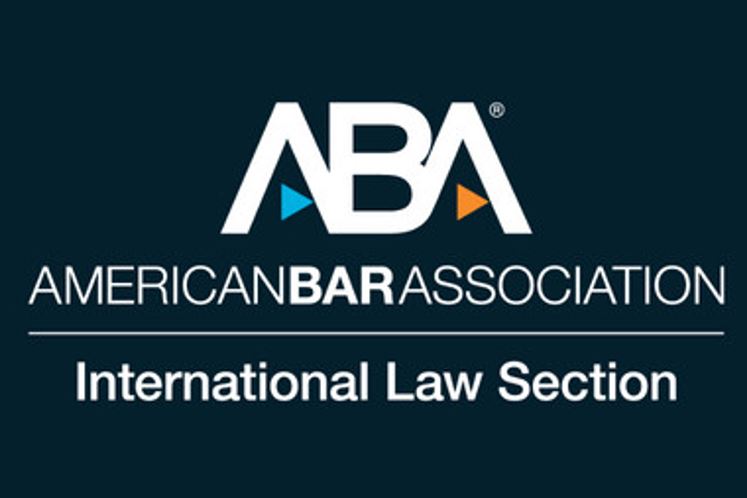I. Can allegations of corruption serve as a bar to jurisdiction of arbitral tribunals or admissibility of claims?
Under Japanese law, corruption is generally defined under the Penal Code, which includes offenses such as bribery. Key aspects of corruption include (i) the bribery of public officials and (ii) offering bribes. Both the giver and receiver of the bribe can face severe penalties, including imprisonment and fines. The Japan Arbitration Act also addresses corruption involving arbitrators under Chapter X Penal Provisions. For example, Article 53 stipulates that arbitrators who accept, solicit, or promise to accept a bribe in connection with their duties can face imprisonment for up to seven years. Pursuant to Art. 23(1) of the Japan Arbitration Act, an “Arbitral Tribunal may rule on its own jurisdiction (…), including a ruling on any allegations on the existence or validity of an Arbitration Agreement.”
Furthermore, pursuant to Article 13(1) of the Japan Arbitration Act, “Except as otherwise provided for in laws and regulations, an arbitration agreement is effective only when its subject is a civil dispute (excluding disputes of divorce or dissolution of adoptive relation) which can be settled between the parties.” Accordingly, under Japanese jurisdiction, an arbitral tribunal does not have the authority to rule on questions of criminal law. However, if a criminal court establishes bribery or corruption, this may render the arbitration agreement invalid.
Additionally, Art. 13(7) of the Japan Arbitration Act provides that “[i]n regard to a contract containing an arbitration agreement, even if the clauses of the contract other than that of the arbitration agreement are not valid due to nullity or rescission or for any other reasons, the validity of the arbitration agreement is not automatically impaired.” As such, depending on the circumstances of the case, the separability doctrine may apply and may render the arbitration clause valid.
II. Can allegations of corruption affect the validity of an arbitral award?
Japan’s Arbitration Act is based on the UNCITRAL Model Law 2006. Articles 44(1)(viii) and 45(2)(ix) of the Japan Arbitration Act provide that an arbitral award can be set aside or its recognition and enforcement can be refused if the content of the award is against public policy. Since contracts and transactions involving corruption are considered to violate public policy, Japanese courts may set aside or refuse recognition and enforcement of arbitral awards affected by corruption.
III. Do courts defer to the arbitral tribunal’s finding that no corruption acts were committed?
In Japan, while courts generally show a high level of deference to the findings of arbitral tribunals, they retain the authority to review arbitral awards to ensure they do not violate public policy, including instances involving allegations of corruption.
IV. Which method do arbitrators and reviewing courts employ to establish evidence of corruption?
In Japan, the courts apply the principle of free evaluation of evidence when reviewing alleged violations of public policy. This means that the courts have the discretion to independently assess and weigh all relevant evidence presented to them, without being bound by the findings of the arbitral tribunal. This allows the courts to ensure that arbitral awards do not contravene public policy, including in cases involving allegations of corruption.
V. Are arbitrators seated in your jurisdiction bound by criminal proceedings on issues that could impact the underlying arbitration dispute?
In Japan, criminal law matters are inherently not arbitrable, meaning arbitrators cannot rule on criminal offenses. However, findings of criminal courts regarding criminal allegations may be binding on arbitral tribunals seated in Japan.
VI. To what extent do they rely on or defer to findings from parallel criminal investigations?
Arbitral tribunals decide autonomously how to respond to parallel criminal investigations.
Unless otherwise agreed by the parties, arbitral tribunals are not bound by the parties’ submissions of evidence and may therefore conduct investigations ex officio. This allows arbitral tribunals to consider findings from parallel criminal investigations even if these facts are not introduced into the proceedings by the parties. Arbitral tribunals can gain access to the case files from law enforcement authorities by requesting access directly or seeking judicial assistance from a competent state court.
Moreover, unless otherwise agreed by the parties, arbitral tribunals have the discretion to temporarily stay the arbitral proceedings until one party requests their continuation and/or until the conclusion of related criminal proceedings. Such a stay of proceedings can be beneficial for fact-finding purposes, as criminal investigations are generally more effective in investigating allegations of corruption compared to arbitral proceedings.
VII. Are remedies available when an arbitral tribunal rules that there is no evidence of corruption but subsequently a criminal ruling decides otherwise?
If an arbitral tribunal rules that there is no evidence of corruption, but a subsequent criminal ruling establishes otherwise, the affected party has several potential remedies under Japanese law. Primarily, Article 44(1)(viii) of the Japanese Arbitration Act allows for an arbitral award to be set aside if it is found to be contrary to public policy. Corruption, being a serious violation of public policy, can provide grounds for such an action. However, a significant challenge is the three-month time limit for filing a petition to set aside the award. If the criminal ruling occurs after this period, it complicates the ability to set aside the award directly. Despite this, courts retain the authority to refuse the enforcement of an arbitral award if it violates public policy, which means that even if the award cannot be set aside, its enforcement can still be contested based on the criminal court’s findings.



